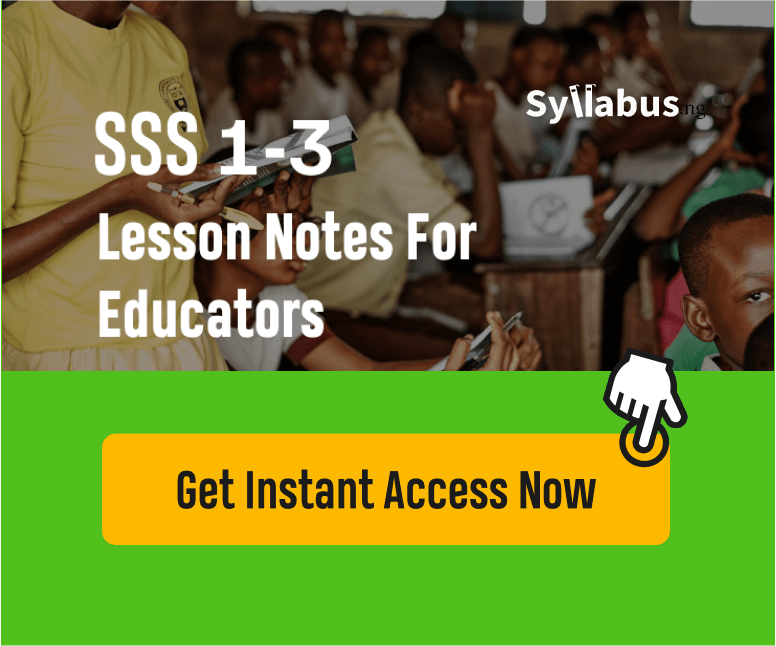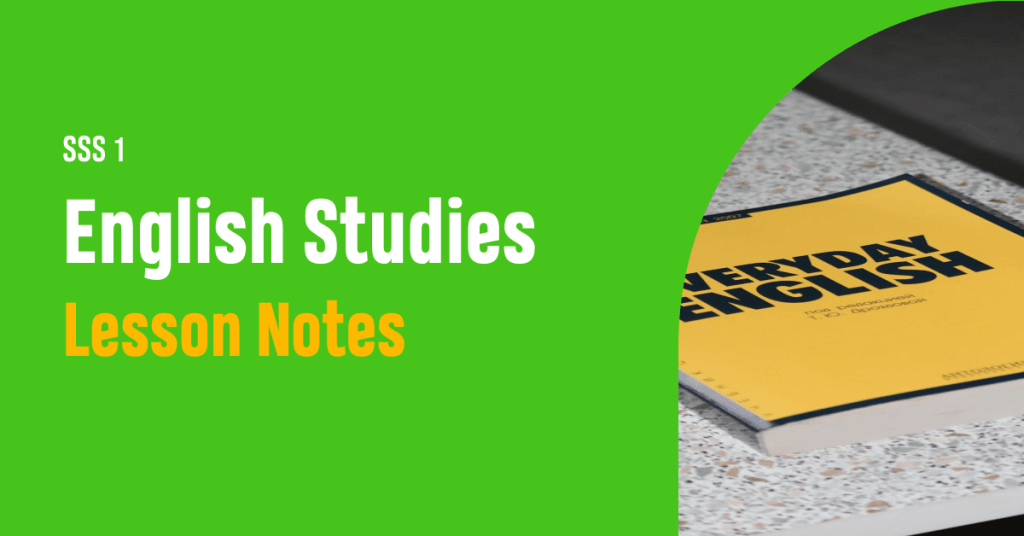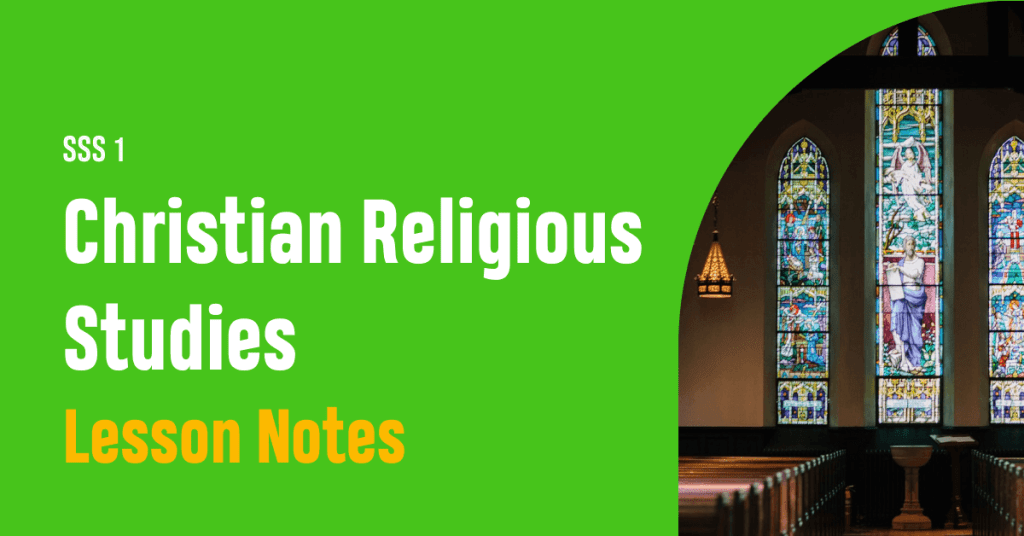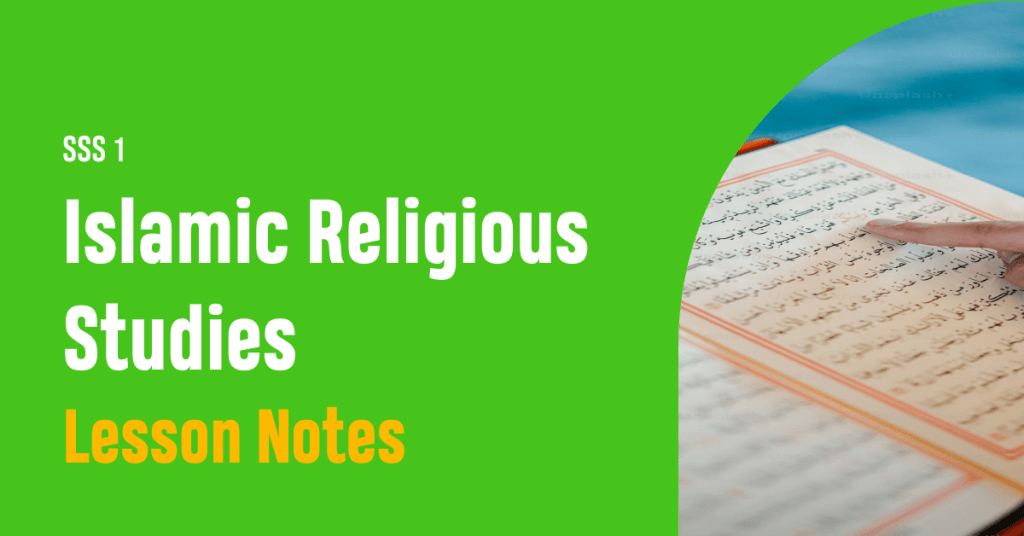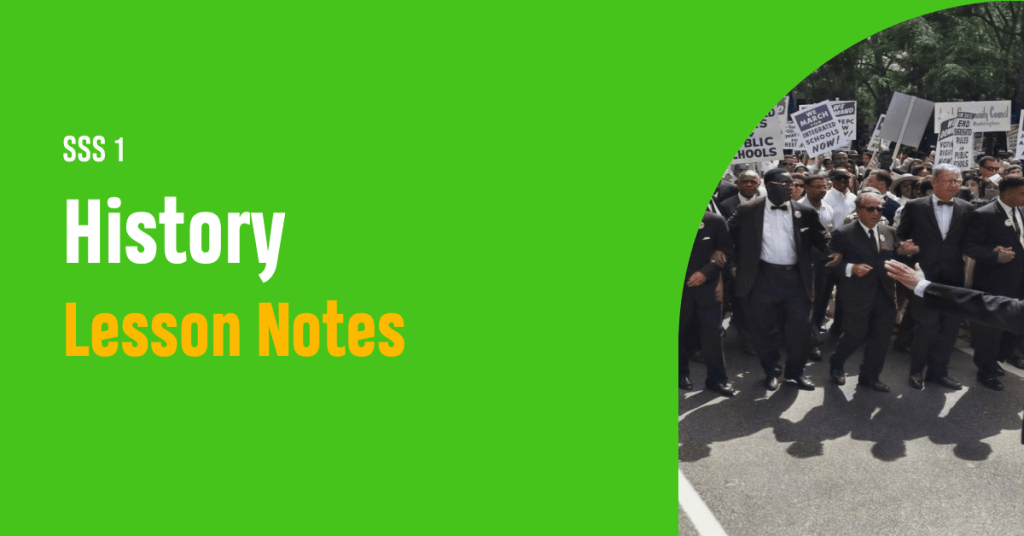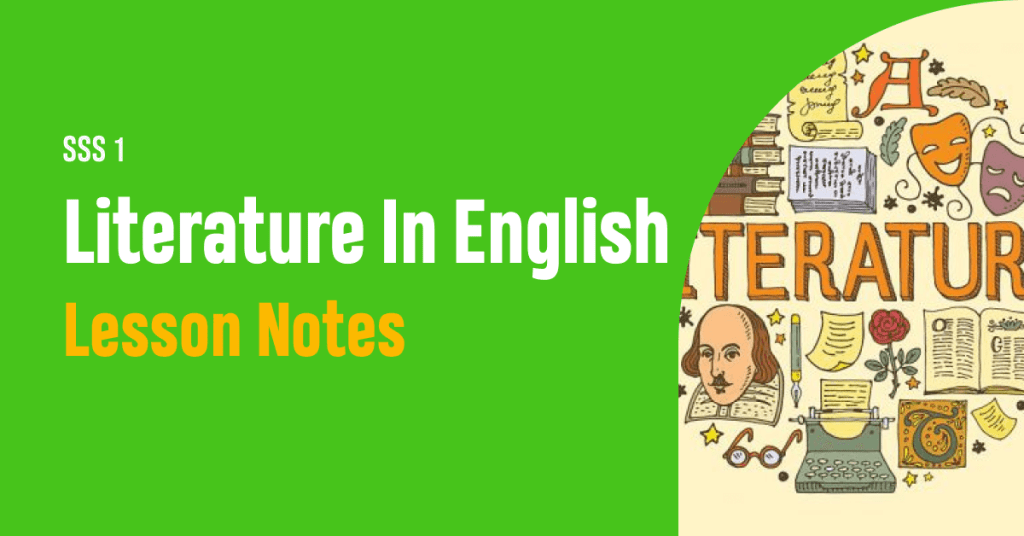SS1 Government Scheme of Work
Download the Senior Secondary School 1 (SS1) Unified Scheme of Work for Government to serve as a guide for educators

Home » SSS1 Scheme of Work » SSS1 Government Scheme of Work
Home » SSS1 Scheme of Work » SSS1 Government Scheme of WorkAbout SS1 Government Scheme of Work
Government, as a subject in senior secondary school, is the study of the organization, functions, and operations of government systems and political institutions. It covers a broad range of topics designed to provide students with a comprehensive understanding of how societies are governed, how public policies are formulated and implemented, and the roles and responsibilities of citizens within a political system.
Government is a core subject in the Senior Secondary School 1 (SS1) unified scheme of work in Nigeria, and it is designed to provide students with a basic understanding of the political and administrative framework of the country. This Lagos state unified scheme of work for Government covers essential topics such as the structure and functions of government, the principles of democracy, the constitution, the roles and responsibilities of the three branches of government (executive, legislative, and judiciary), and the significance of citizenship and civic duties.
By studying Government in SSS1, students gain insights into the workings of their government, the importance of governance, and the role of citizens in shaping and sustaining a democratic society.
Assessment Guide
In senior secondary school 1, students are assessed in Government based on the school’s prerogative. However, typically, they are evaluated through tests or quizzes (Continuous Assessment Tests) and end-of-term exams.
Grading follows a scale from A to F, with A representing excellent performance, typically scoring around 70% or 80%, and F indicating failure, usually below 50% or 45%.
Download SSS1 Government Scheme of Work
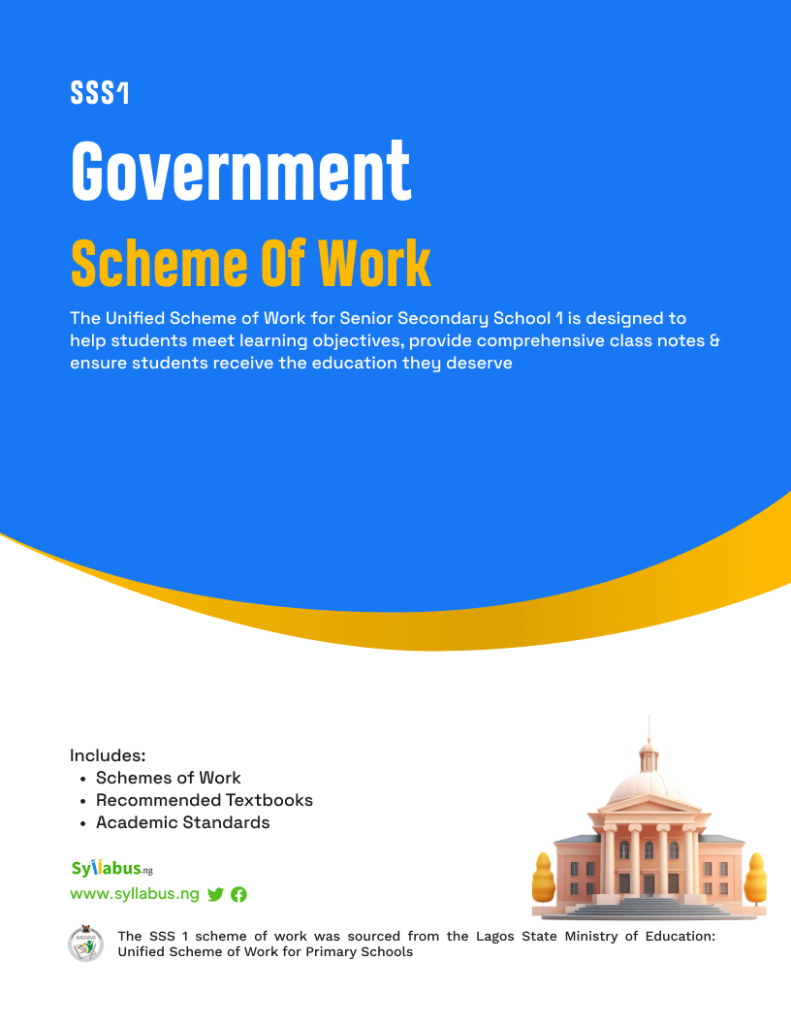
Know what’s expected of you as an educator
Download the Unified Scheme of Work for Senior Secondary School One (SSS1) Government
Get SSS1 Government Lesson Notes

Never bother about writing lesson notes again. Get our well written SSS 1 Government lesson notes for (First, Second & Third Term).
Its’s printable, in PDF Format, editable, and easy to use.
SS1 First Term Scheme of Work for Government
| LAGOS STATE MINISTRY OF EDUCATION: UNIFIED SCHEMES OF WORK FOR SENIOR SECONDARY SCHOOLS | ||
| Government Scheme of Work for Senior Secondary Schools 1(SSS1) | ||
| Class | S.S.S 1 | |
| Subject | Government | |
| Term | First Term | |
| Week | Topic | Breakdown |
| THEME 1: POLITICAL CONCEPTS AND PRINCIPLES OF GOVERMENT | ||
| 1 | Defining government 1. Characteristics and functions of government. 2. Government as a processor and governing. | 1. Definition 2. Structure; i. Legislative. ii. Executive iii. Judiciary. 3. Characteristics and Functions. 4. Definition and features of the state 5. Relationship between State and Government. 6. Policy formulation and implementation 7. Rules making 8. Rule implementation 9. Rule adjudication |
| 2 | ii. Government as an academic field of study. | 1. Why study government. 2. Some subfield of government i) Local government ii). Public Administration. iii). International relations. |
| 3 | Basic Concepts i. Power ii. Authority | 1. Definition of the power 2. The acquisition and exercise of power. 3. Form of power: i.military. ii. political iii .economic 4. Meaning of political authority 5. Sources of political authority. 6. Differences between power and authority |
| 4 | i. Legitimacy | 1. Meaning of Legitimacy. 2. Factors that determine Legitimacy. 3. Legitimacyas a factor that determine stability of government. |
| i. Sovereignty | 1. Two connotations of sovereignty i. The state of political independence. ii. the supreme power in the state. 2. problem of locating sovereignty. 3. Limitations. | |
| 5 | i). democracy Political Culture and political socialization | 1. Definition 2. Main features of democracy. 3. The meaning of political culture. 4. The component of political culture. 5. Meaning of political socialization. 6.Agents of political socialization. |
| 6 | i. Communalism ii. Feudalism | 1. Meaning of communalism. 2. features of communalism. 3. Definition of feudalism. 4. Features. 5. Merits and demerits. |
| 7 | Socialism | 1. Meaning of socialization. 2. features of socialism 3. Merits and demerits. |
| Capitalism | 1. Meaning of capitalism 2. Essential features of capitalism 3. Differences between socialism and capitalism 4. Merits and demerits. | |
| 8 | Oligarchy | 1. Meaning of Oligarchy. 2. Features of Oligarchy. 3. Types of Oligarchy. |
| 9 | Fascism | 1. Definition of fascism. 2. Characteristics of fascism. |
| 10 | Totalitarianism | 1. Meaning of totalitarianism. 2. Characteristics |
| 11 | Revision | |
| 12 | Examination | |
SS1 Second Term Scheme of Work for Government
| Term | Second Term | |
| Week | Topic | Breakdown |
| 1 | Types and characteristics of Government Unitary Government | 1.Meaning of Unitary government. 2. Main features 3.Advantagesand disadvantages. 4. Factors responsible for the success of unitary government. 5. Resource control. |
| 2 | Federal Government | 1. Definition of federation. 2. Reasons for federating. 3. Characteristics of federal system. 4. Resource control 5. Merits and demerits. |
| 3 | Presidential system of Government | 1. Definition of presidential system of government. 2. Characteristics 3. Resource control 4. Advantages and disadvantages. |
| 4 | Parliamentary or cabinet system of government | 1. Meaning of parliamentary system. 2. Major characteristics 3. Merit and demerits 4. Differences between presidential and parliamentary systems. |
| 5 | Confederal Government | 1. Meaning of confederation. 2. Main features. 3. Resources control 4. Merits and demerits. 5. Comparison with federalism. |
| 6 | Monarchy | 1. Meaning 2. Forms of monarchy i. Absolute ii. Constitutional 3. Resource control 4. Main features 5. Merits and demerits |
| 7 | Republicanism | 1. Definition 2. Features 3. Resource control 4. Difference between republicanism and monarchy. |
| 8 | Constitutions and constitutionalism | 1. Meaning of constitution 2. Sources of constitution 3. Scope of constitution 4. Features 5. Types of constitution 6. Constitutionalism. |
| 9 | Executive | 1. Composition i. Parliamentary /cabinet executive ii. Presidential executive 2. Functions 3. Control of the executive 4. Honesty and integrity. |
| 10 | 1. Functions of the legislature. 2. Types of legislature i. Unicameral ii. Bicameral 3. Stages of passing bill into law 4. Honesty and integrity. 5. Selection of judges, status, conditions and privileges. 6. Functions 7. Judicial independence and maintenance and reasons. 8. Factors limiting judiciary. independence. 9. Honesty and integrity. | |
| 11 | Revision | |
| 12 | Examination |
Download SSS1 Government Scheme of Work

Know what’s expected of you as an educator
Download the Unified Scheme of Work for Senior Secondary School One (SSS1) Government
SS1 Third Term Scheme of Work for Government
| Term | Third Term | |
| Week | Topic | Breakdown |
| 1 | Basic principles of government Rule of law | 1. Basic interpretation. i. Equality before the law. ii. Supremacy of regular law. iii. Right to personal liberty. 2. Problems of application. |
| 2 | Fundamental human rights. | 1. Fundamental human rights i. Social ii. Political. iii. Economic. iv. Asses to information. 2. Means of safeguarding fundamental human rights. 3. Limitations. |
| 3 | Separation of power. | 1. Separation of power in the arms of government. 2. Separation of personnel performing functions. 3. Examine the relationship between separation of powers and check of balance. 4. Explain the extent of separation of power and checks and balances under presidential and parliamentary system of government. |
| 4 | i. Representative government. ii. Political participation | 1. Meaning of representative government. 2. Means of establishing a representative government. 3. Advantages of representative government. 4. Meaning of political participation. 5. Forms of political participation. 6. Purpose of political participation. |
| 5 | Centralization and decentralization | 1. Centralization 2. Decentralization 3. Forms of decentralization i. Devolution. ii. Decentralization 4. Advantages and disadvantages of centralization. 5. Advantages and disadvantages of decentralization. |
| 6 | Delegated legislation. | 1. Delegated legislation. 2. Forms of delegated legislation. 3. Control of delegated legislation. 4. Advantages and disadvantages of delegated legislation. 5. Examine the advantages and disadvantages of delegated legislation. |
| 7 | Citizenship | 1. Citizenship (meaning) 2. Acquisition of citizenship. 3. Right, duties, and obligation of citizenship. 4. Difference between citizens and non-citizens. |
| 8 | Political parties | 1. Definition of political parties. 2. Organization. 3. Functions. 4. Types of political parties(elite/mass parties) 5. Honesty, integrity and transparency |
| 9 | Party system | 1. Party system. 2. Types of party system. i. One party ii. Twoparty. iii. Multi-party. 3. Features of party system. 4. Merit and demerit of the systems. |
| 10 | Pressure group | 1. Definition of pressure groups. 2. Types. 3. Characteristics. 4. Mode of operation. 5. Functions of pressure groups. 6. Differences between political parties and pressure groups. |
| 11 | Revision | |
| 12 | Examination |
Get SSS1 Government Lesson Notes

Never bother about writing lesson notes again. Get our well written SSS 1 Government lesson notes for (First, Second & Third Term).
Its’s printable, in PDF Format, editable, and easy to use.
Recommended Government Textbooks for Senior Secondary School 1
The recommended Government textbooks for SSS1 include but are not limited to the following:
- Comprehensive Cert. Government by Felix K Alonge, et al
University Press Plc SS 1- 3
- Government for Schools & Colleges by Prince Francis Ebere Okoli
Mid-Field Publishing Ltd SS 1-3
- New Government by O. Adedeji, G. Onodu, B. Usman
Learn African Plc
- Concise Government for Senior Secondary Schools by B.A. Oyewole
- Essential Government By C.E Ande

